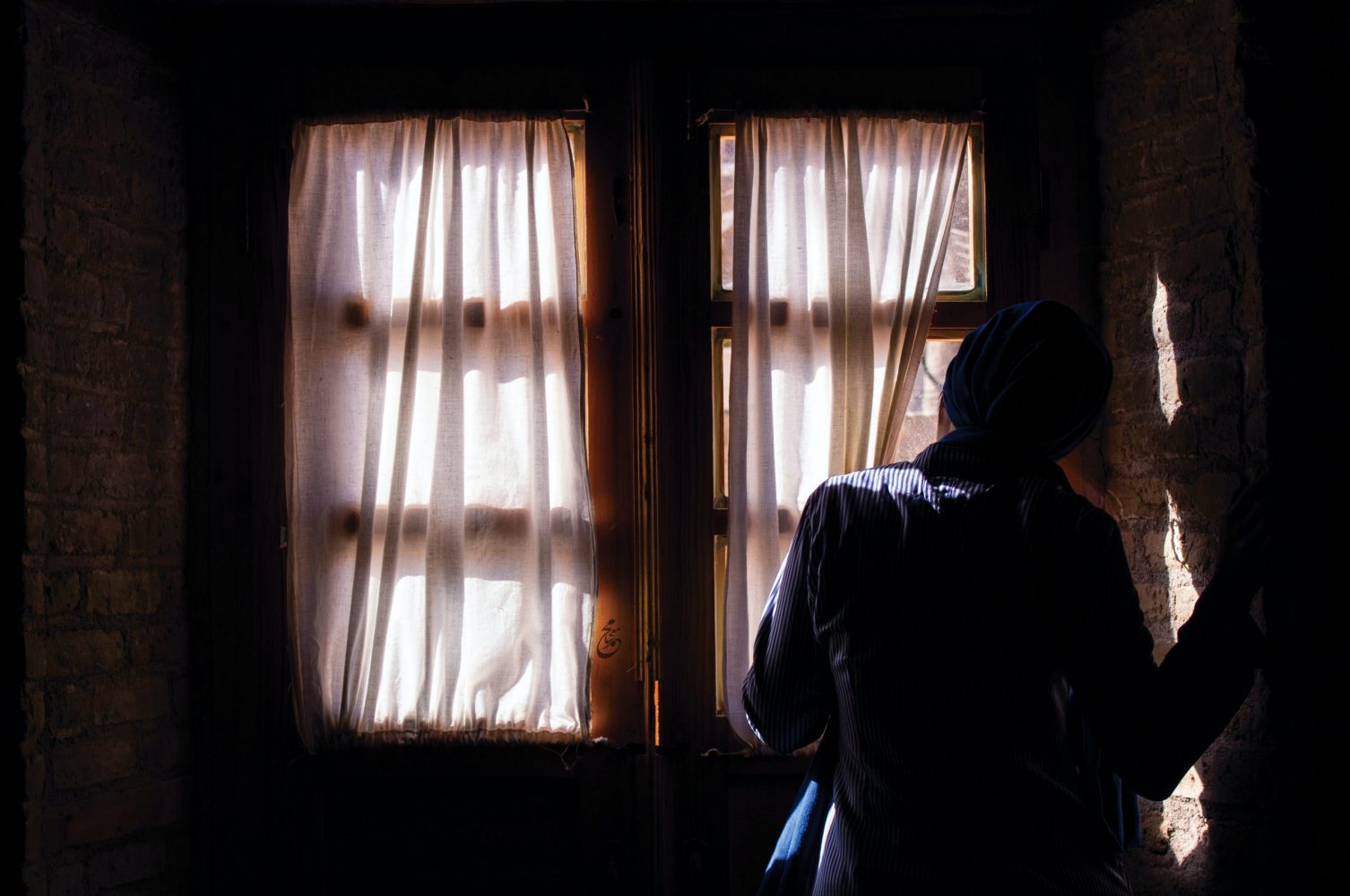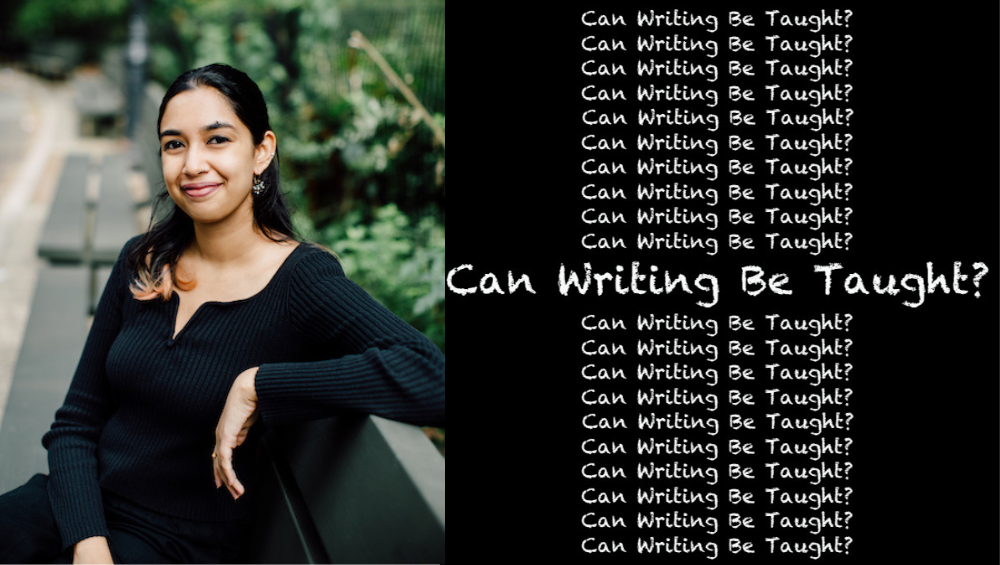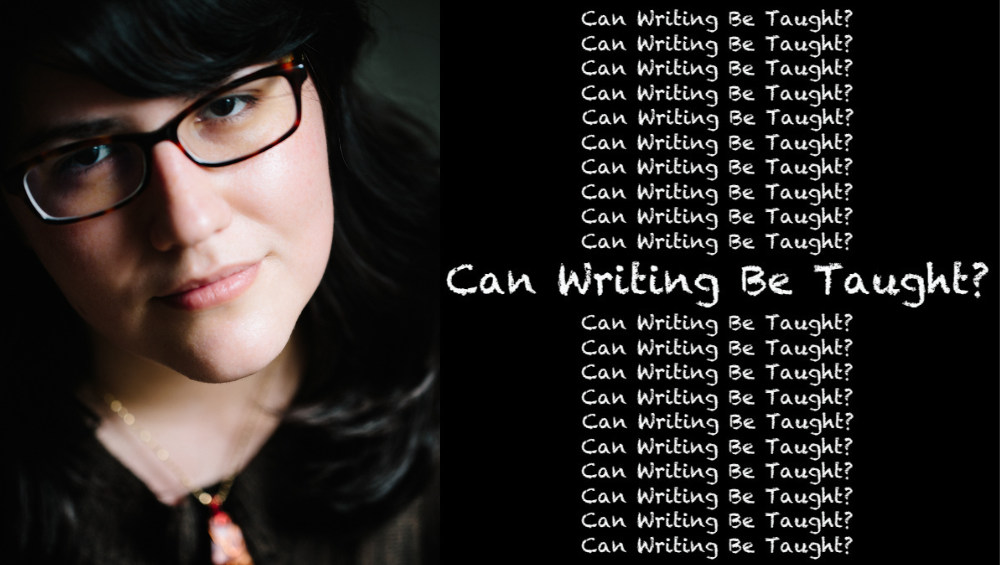interviews
Sharlene Teo Thought Writing a Book Would Be More Like a Bjork Video
Ten questions about teaching writing with the author of "Ponti"

In our series “Can Writing Be Taught?” we partner with Catapult to ask their course instructors all our burning questions about the process of teaching writing. This month we’re talking to Sharlene Teo, who’s teaching a six-week workshop on building and maintaining emotional suspense in fiction—a technique she uses to great effect in her novel Ponti. Teo talked to us about the problems with the ideas of “good” and “bad” writing, putting your darlings in a graveyard, and why not everyone will do a twirly dance when they read your book.
What’s the best thing you’ve ever gotten out of a writing class or workshop as a student?
Don’t be too precious about cutting things that multiple people have flagged as awkward or confusing. You’re not a genius, it’s just not clearly written enough. The best feedback and advice is often the most specific. Not everyone is your type of reader; treasure the ones that are, but also listen open-mindedly to the critiques of those that aren’t your type of reader, their critiques could be valuable too.
What’s the worst thing you’ve ever gotten out of a writing class or workshop as a student?
Being confronted, at times, by the historical limitations of the space. Diverse representation in both the workshop and reading syllabus is very important. If not, it just becomes an echo chamber of Anglo-American literature and the specific orientations and limitations of that perspective. Most notably, what connotes “good” or “bad” writing: we’ve all heard of the tropes of Carveresque minimalism and the Hemingway style. I’ve often heard the argument, also in regards to publication diversity statistics, that if the work is “good enough” it’ll be published; that’s simply not true. There’s a whole variety of ways of telling stories and representing reality that hasn’t fully been covered in and out of the classroom.
What is the lesson or piece of writing advice you return to most as an instructor?
There’s a whole variety of ways of telling stories and representing reality that hasn’t fully been covered in and out of the classroom.
I always tell my students writing a novel is like stringing pearls on a necklace. Each chapter or scene should gleam and pass muster (luster?) in its own self-contained way. It’s lazy/no excuse to say that readers in your workshop group don’t “get” the brilliance of this chapter because it’ll be explained later etc. There are no shortcuts. If it doesn’t stand up on its own it is not doing enough work for itself.
Does everyone “have a novel in them”?
Everyone who is passionate about reading, and stories, and expressing their compost heap of imagination, emotions, memories and views of the world in writing has some kind of novel in them. Other people have other forms of art in them. We all have our own mediums. People at parties who don’t read for pleasure often make the assumption that you can churn a novel out if you have the time simply if you are literate. (Maybe I need to start going to better parties.) That’s a gross but common oversimplification of the existential and intellectual effort that goes into the process. If you are “too busy” to read or don’t enjoy reading and just want to be famous for being clever then no, you absolutely do not have a novel in you, and u are also not that clever, haha.
Would you ever encourage a student to give up writing? Under what circumstances?
I would never encourage anyone to give up writing—that strikes me as an arrogant and pernicious thing to do, taking someone’s creative life into your hands. I think, if it really pained a student of mine to write, and they hated every second of it, I’d encourage them to take a break and recharge their imaginative well with other forms of art and relaxation before starting again. It is never too late to start writing. Writing is not a race, it’s a life-long marathon and a spiritual practice for some. Hello Julia Cameron! There shouldn’t be any prescriptive rules around it, although solicited advice can be helpful. Just do whatever works for you, and that includes fallow periods, breaks, times when you feel disenchanted/frustrated with writing. It takes a long time to get better at writing—most days, I feel despairing of the limits of my own ability and articulacy. But the key thing to me is remaining energized and curious about stories: why they matter, how they work or don’t work. I take my own creative failures (so many!) as lessons/ research.
What’s more valuable in a workshop, praise or criticism?
Constructive criticism. It’s good to know what is working but even better to know how you can make it work even better.
Should students write with publication in mind? Why or why not?
Put your darlings in a blank word document so they can hang out with your other shelved darlings, not dead, but soon forgotten.
It depends on what motivates them to finish a project. I think expecting or feeling entitled to publication and glowing success sets one up for disappointment and potential bitterness if reality doesn’t meet expectation, but at the same time, having the goal of publication is fine too. I used to dream when my book came out it would be like an IRL version of the Bjork “Bachelorette” video where everyone reads it and does a twirly dance etc. but I was sorely disappointed that this is not the case, but also relieved as well! Many books get published, life goes on, it’s all about keeping going, not the immediate highs of external validation. That isn’t as sustaining as the solace and surprise you get from reading and writing stories and trying to make sense of the world in words.
In one or two sentences, what’s your opinion of these writing maxims?
- Kill your darlings: Put your darlings in a blank word document so they can hang out with your other shelved darlings, not dead, but soon forgotten. A darling graveyard you can revisit in a few years and either feel inspired to start something new, mystified you wrote that, or relieved they didn’t see the light of the world.
- Show don’t tell: Sitting hunched over her laptop, she considered this truism through narrowed eyes and a coffee-addled brain and concluded that sometimes over-description is over-written, annoying and slows the pace down. SO, I mean, it depends. Sometimes, just tell us what happens! Lol
- Write what you know: I HATE the literal interpretation of this, it leads to the reductive assumption (more for female and POC writers, I’ve observed) that their fiction is a thinly veiled narrativization of their immediate experience. It’s dismissive of the strange and transformative powers of imagination, how memory, creativity and subjective interpretations of the world combine to form a different beast than the sum of its parts. I believe in writing from a place that feels emotionally and intellectually true to you and what you’re fascinated/frustrated by. I believe every writer has thematic territories and wastelands they keep returning to inexorably and oftentimes unconsciously throughout their work. I think writing into the unknown from a place of known curiosity is more apt.
- Character is plot: What is plot? Is it characters moving through time, actively making decisions that advance or altar their view of the world? I feel tired trying to parse this right now. Ask me tomorrow or something.
What’s the best hobby for writers?
Physical exercise of some sort, we’re in our heads so much.
What’s the best workshop snack?
Humble pie.








